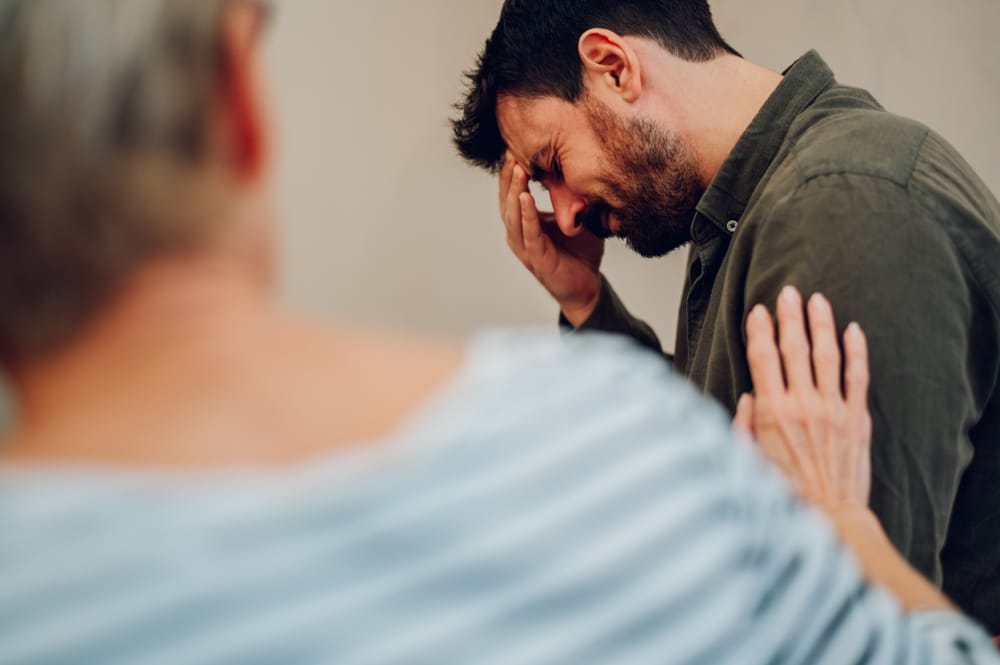Although many benzodiazepines are legally prescribed, they are still misused and, therefore, tested for in drug tests. If you have a drug test coming up for a new job or a sports team tryouts, you may be worried about benzos showing up on your drug test. If you are concerned about how long these drugs will stay in your system, you have come to the right place. Benzos are a complex class of drugs. If you or someone you know is battling an addiction to these substances, do not hesitate to get help.
What Are Benzos?
Benzodiazepines, or benzos, are prescription drugs that are generally used as sedatives. Much like alcohol or marijuana, these substances are depressants, meaning they slow down the brain and other bodily systems.
Benzodiazepines are generally prescribed by physicians for anxiety, seizures, and insomnia because they have a calming effect on the brain. While these substances may be helpful for specific conditions, they are not recommended for long-term use. When an individual takes benzodiazepines, it calms their overwhelmed brains and allows them to sleep and feel less anxious.
In a medical setting, benzodiazepines can also be used as anesthesia, for panic disorders, and as treatment for alcohol withdrawal. The most common types of this drug include the following.
- Xanax,
- Valium,
- Ativan,
- Klonopin.
Regular use of these substances comes with several dangers. For this reason, benzos are not recommended for long-term use. Prolonged use of benzos can lead to dependence and tolerance issues that cause withdrawal symptoms when an individual attempts to stop drug use.
Why Are You Tested for Benzos?
Because of the severe effects of benzos, they can impact an individual’s ability to perform daily activities in the workplace. This is especially true if these substances are being misused. When and why an individual is tested depends on the employer. The use of these drugs can put the employee and other staff at risk.
Benzodiazepines are depressants, meaning they slow down the brain and other bodily functions. This is incredibly dangerous when handling heavy machinery, driving, or when the lives of others are in your hands. These substances can slow an individual down to the point where they forget to breathe. The symptoms of these substances are too significant to be ignored.
How Long Do Benzos Stay In Your System?
How Can Benzos Be Detected?
Drug tests come in many varieties. The most common type of drug tests are through urine or blood. Other forms of drug tests include saliva swabs and hair testing. With these substances, it is not always possible to detect them through a urine test. Therefore, testing is generally done through blood samples.
This does not mean that they are entirely undetectable through other types of tests. In fact, benzos can be detected in urine for up to ten days after ingestion. The timeline for saliva is much shorter, with a window of only 2.5 days.
These figures are all dependent on a few other factors. For example, certain drugs are more potent, take effect faster, or have longer-lasting effects. This can also be impacted from person to person. An individual’s weight, height, metabolism, and frequency of use can all have an impact on the results of the drug test.
Overall, it can take days or even months for the body to eliminate these substances. Here is a more detailed breakdown of the longevity of benzos in the body.
How Are Benzos Detectable in Your Blood?
The short answer to this question is 24 hours. However, there is more that goes into the determination of this answer.
The detection of benzos in the blood varies depending on how long the person has been taking them and how high the dosage is. Someone who has taken a low dosage with a short-acting time may absorb and eliminate the drug faster than someone who has taken it consistently for months at high dosages.
The detection of a substance can also be dependent on the drug. For example, blood tests can detect Xanax for up to five days after initial use.
How Are Benzos Detectable in Your Urine?
As mentioned previously, benzos can be detected in urine for up to ten days. This also depends on the drug that has been taken. Benzodiazepines that are more short-acting, like Halcion, are only detectable after 24 hours. This is because the body metabolizes and expels the drug fairly quickly.
More moderately-paced substances like Xanax and Ativan are detectable for up to five days after use. Long-acting substances such as Valium can be detected for up to eight days after use.
How Are Benzos Detectable in Your Hair?
Like many other drugs, benzodiazepines can be detected in the hair for 90 days or more. Labs that use this type of testing can determine if a person has taken the substance in the last four weeks. This is possible because the hair on the body does not grow as fast as the hair on the head.
In some cases, they can be detectable for 4-6 months.
How Are Benzos Detectable in Your Saliva?
Out of all the testing methods, saliva tests fall somewhere in the middle. In saliva, Xanax can be detected for two and a half days after ingestion. These tests are not as common as others when testing for benzos because they are more expensive. Better options for testing are also available.
Reach Out to Inner Voyage Recovery Center for Help With Benzodiazepine Addiction
At Inner Voyage Recovery Center in Atlanta, Georgia, we treat multiple substance use disorders, including benzodiazepine addiction. If you are looking for a judgment-free place to begin your path to recovery, Inner Voyage Recovery Center is the place for you. Addiction does not discriminate, and neither do we. We offer drug rehab to residents of Atlanta and its surrounding areas. Your recovery matters to us. If you or someone you know is struggling with addiction, contact us at Inner Voyage Recovery Center to begin building and taking back control of your life.




